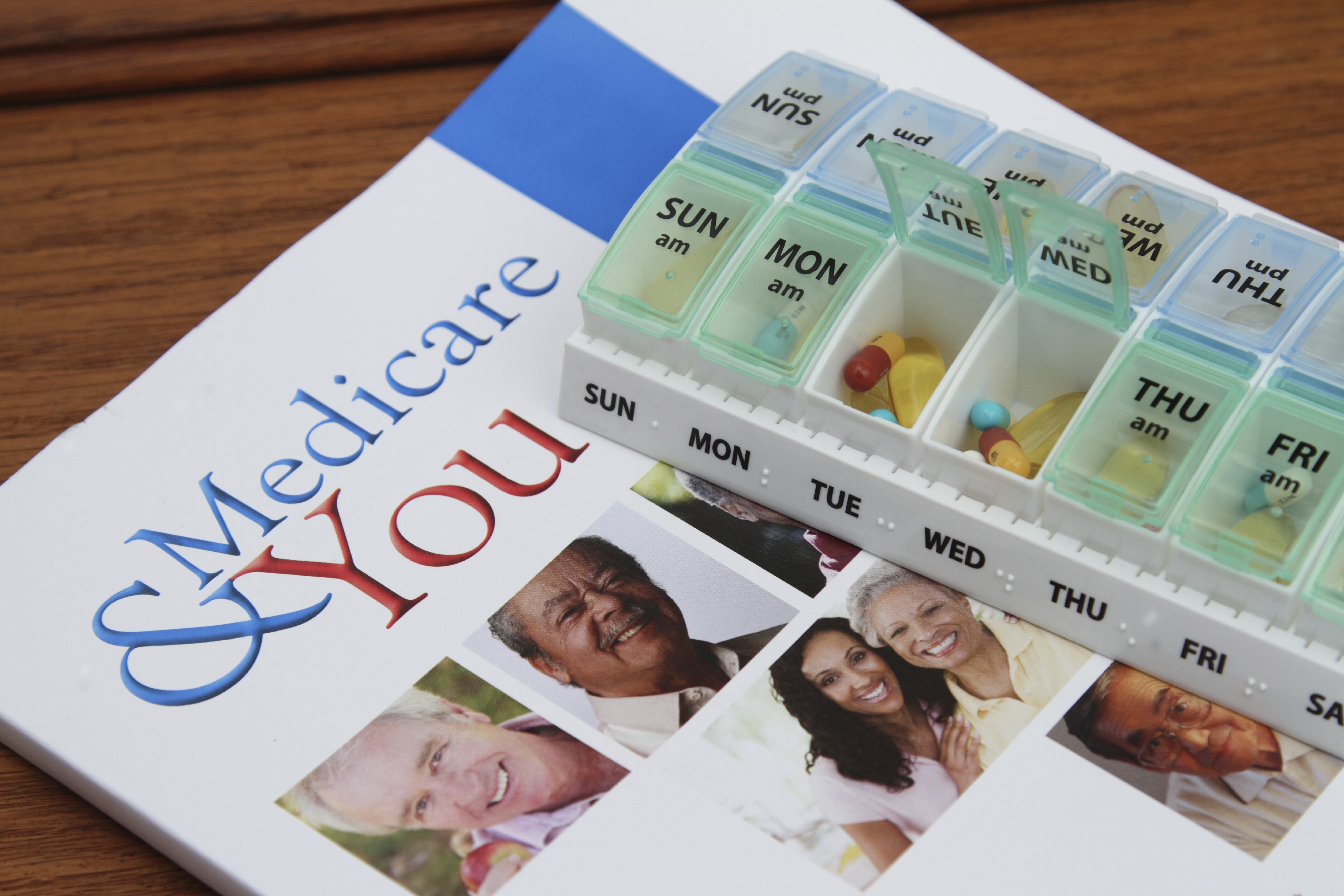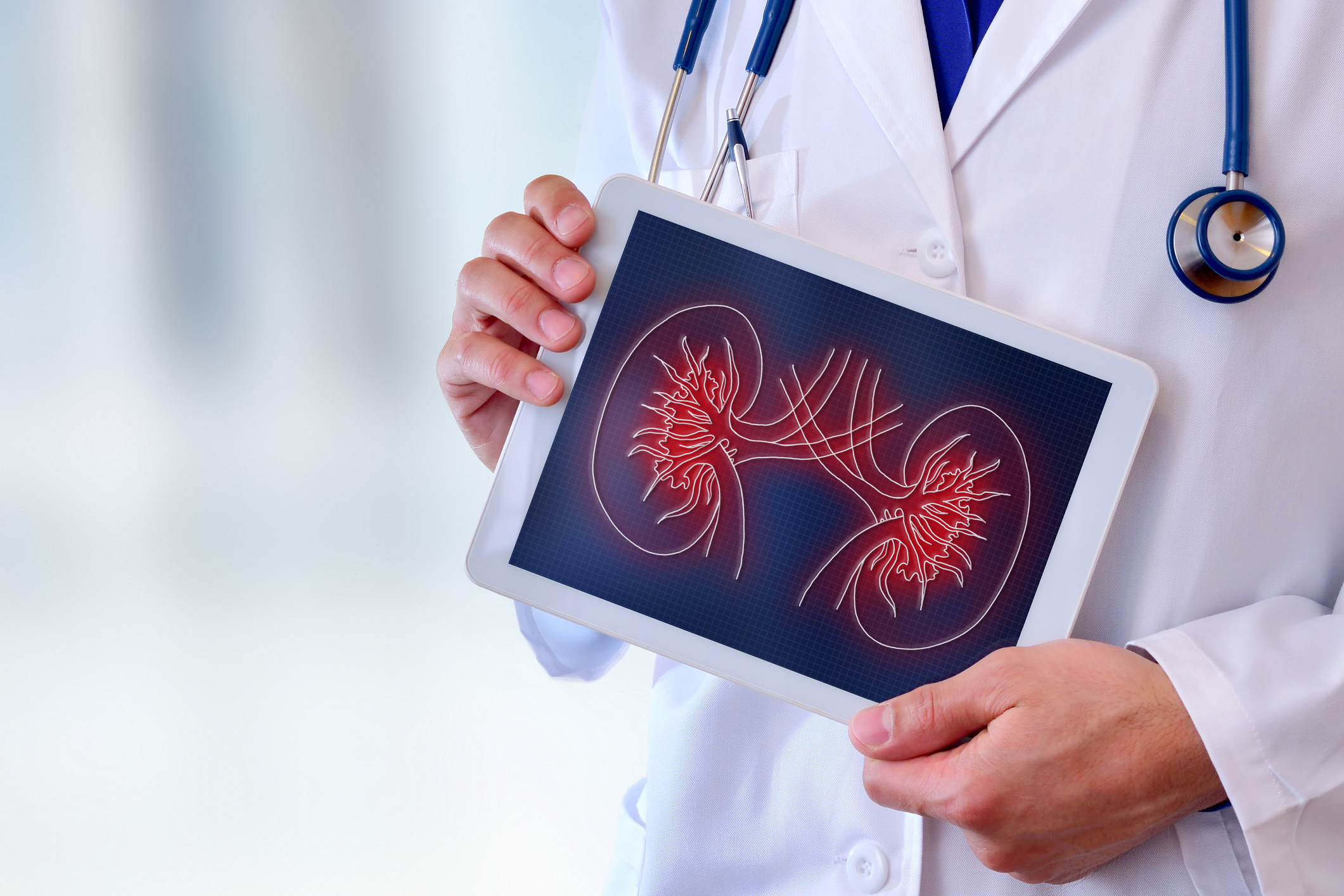Government Involvement in Dialysis
Although the development of dialysis dates back to the 1940s, the government didn’t become more involved in the payment for treatment until the 1960s. The first significant government response to dialysis first came in 1963, when Veteran’s Affairs outlined plans to build 30 dialysis unit in VA hospitals around the United States. These units were designed for veterans who were eligible for treatment. Throughout 1964 and 1965, Congress established multiple programs to help provide funding for research in dialysis, including the Artificial Kidney-Chronic Uremia Program and Transplant Immunology Program in the National Institute of Allergy and Infectious Diseases. By the mid-1960s, [...]




